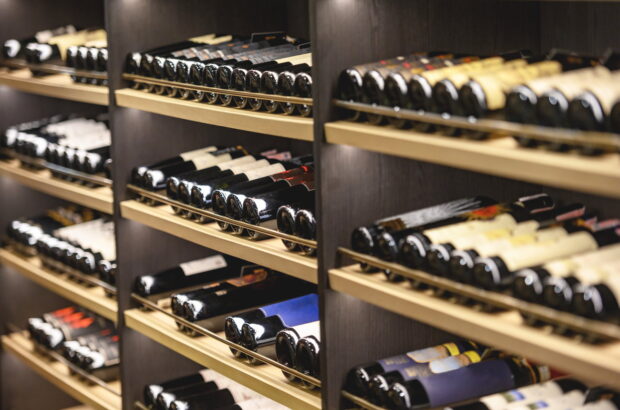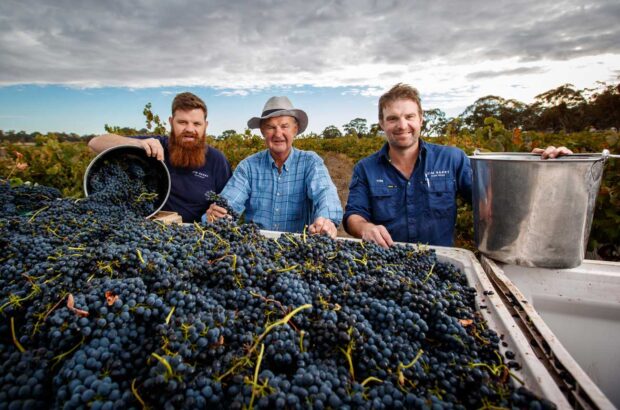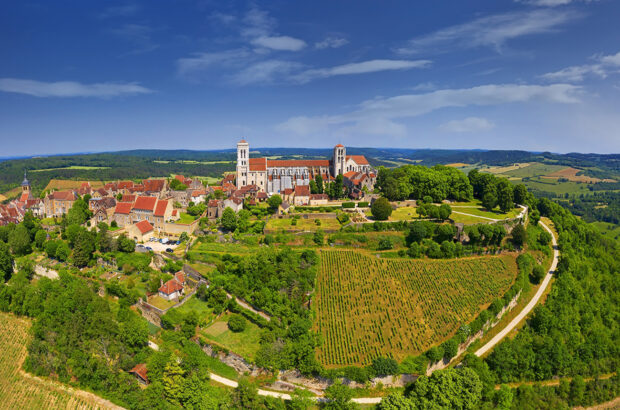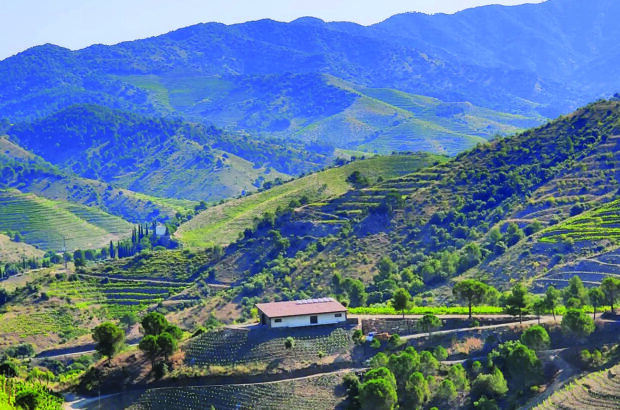Find out why Fiona Beckett picked Babel as the Decanter/Hine International Restaurant of the Year 2017...
Decanter/Hine International Restaurant of the Year 2017: Babel, Budapest
I have to confess, I didn’t visit Budapest in the expectation of finding a thrilling restaurant, let alone a world-class one, but Babel was undoubtedly one of the most exciting restaurants I ate in last year, and a worthy winner of the 2017 Decanter/Hine International Restaurant of the Year.
Originally set up in 2008 by then 29-year-old Hubert Hlatky-Schlichter, an entrepreneur with a taste for eating out but no restaurant experience, it has developed into a dining room that ticks all the modish boxes: cutting- edge design, savvy wine service, locally sourced ingredients (75% come from Hungary and neighbouring Transylvania) and some dazzling skill in the kitchen thanks to its talented young chef István Veres, who comes from Transylvania himself. I have longing memories of his take on egg galuska (noodles), a decadently indulgent dish of spätzle topped with an airy cloud of truffle-infused foam.

Hubert Hlatky-Schilchter and Hine’s marketing manager Marie-Emmanuelle Febvret. Credit: Arpád Pinter
The path to success (a Michelin star has inexplicably eluded them) hasn’t been easy. ‘We started with 27 covers, without investors, in the middle of the financial crisis,’ says Hlatky-Schlichter, ‘but we were recognised as very cosmopolitan and quickly rated among the five best restaurants in Hungary.’
Even then, Hlatky-Schlichter boldly closed the restaurant at one point for three months because he felt they had lost their way. ‘I said we’d open again when we were ready, which ended up being when we found István. We went back to our roots with everything, drawing on our memories and traditions to find our unique voice. We had to be brave.’
It’s clearly been a tempestuous ride, though the staff are unwaveringly loyal to their boss, crediting him with giving them unparalleled freedom to develop their own ideas.

Babel’s head chef István Veres with owner Hubert Hlatky-Schilchter. Credit: Arpád Pinter
Hungarian wines
Nowhere is that more true than with sommelier Péter Blazsovszky, who has created a list of more than 200 Hungarian wines, mostly comprising bottles you simply wouldn’t find outside the country. In another point of difference, he recommends only white wines (and the occasional rosé) with Babel’s tasting menu – although you can of course order a bottle of red from the extensive list.
Blazsovszky works closely with the kitchen, and the pairings he recommends, especially with the indigenous Hárslevelü and Juhfark varieties, are convincing. ‘With the wine matches I don’t have to correct the balance of the food, because the dishes are perfectly balanced already,’ he explains. ‘My goal is to find a wine match with exactly the same balance – and that can be very exciting.’
He also eschews big names in favour of smaller, less well-known winemakers. ‘I don’t tend to recommend famous wines as some hit the jackpot only once in a lifetime with a perfect vintage. Obviously I try to buy those, but I’m always looking for interesting and special wines that can’t be reproduced. I always try to give small, unknown wineries a chance.

Paprika octopus with a balsamic veil
‘That said, we start and finish our menu with Alpha and Omega from the Kaláka winery in Tallya in the Tokaj wine region. The winemaker, László Alkonyi, has arguably been Hungary’s best wine writer of the past two decades and then he turned his hand to winemaking,’ he explains.
Blazsovszky’s main regret is that most of the bottles he stocks are opened too young. ‘We Hungarians like robbing the cradle. Wines live as we do. They’re born, become a child, teenager, young man, a man in his prime, then become old, wise and finally die. But we drink wines at the age of a child. It’s a huge mistake.’
I asked Hungarian food critic Andras Jokuti how he placed Babel among the world’s top restaurants. ‘In my view, it is the first really successful attempt to create a contemporary Hungarian fine-dining restaurant,’ he says. ‘It is not easy to do in a country where most of the popular dishes are slow-cooked fatty meats, but they’ve nailed it.
‘Babel could have a similar effect as Noma had first on Copenhagen and later Scandinavia – at least on a smaller scale: to wake the interest of diners all over the world to a fantastic country with great traditions,’ adds Jokuti. So Babel might be the new Noma. You heard it here first!

Sommelier Péter Blazsovszky. Credit: Arpád Pinter
Babel, Piarista Köz 2, 1052 Budapest
babel-budapest.hu/en
Tel: +36 70 6000 800
Open Tuesday to Saturday, 6pm-12pm. Tasting menu: HUF30,500 (£88)/six courses, HUF45,000 (£129)/nine courses. Wine pairing: HUF9500 (£27)/HUF11,000 (£32)
Fiona Beckett is a Decanter contributing editor and chief restaurant reviewer












